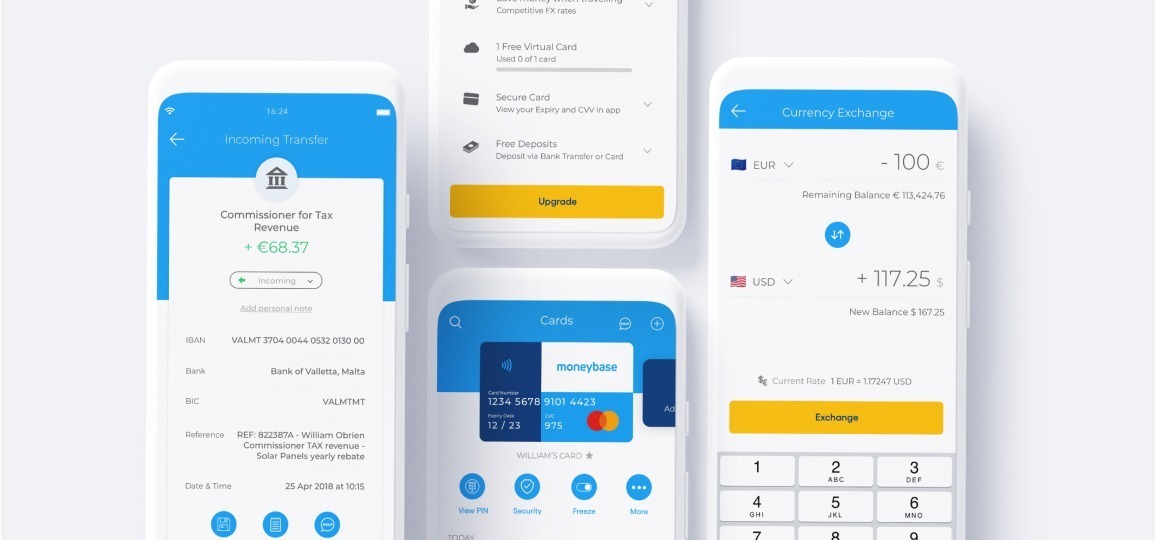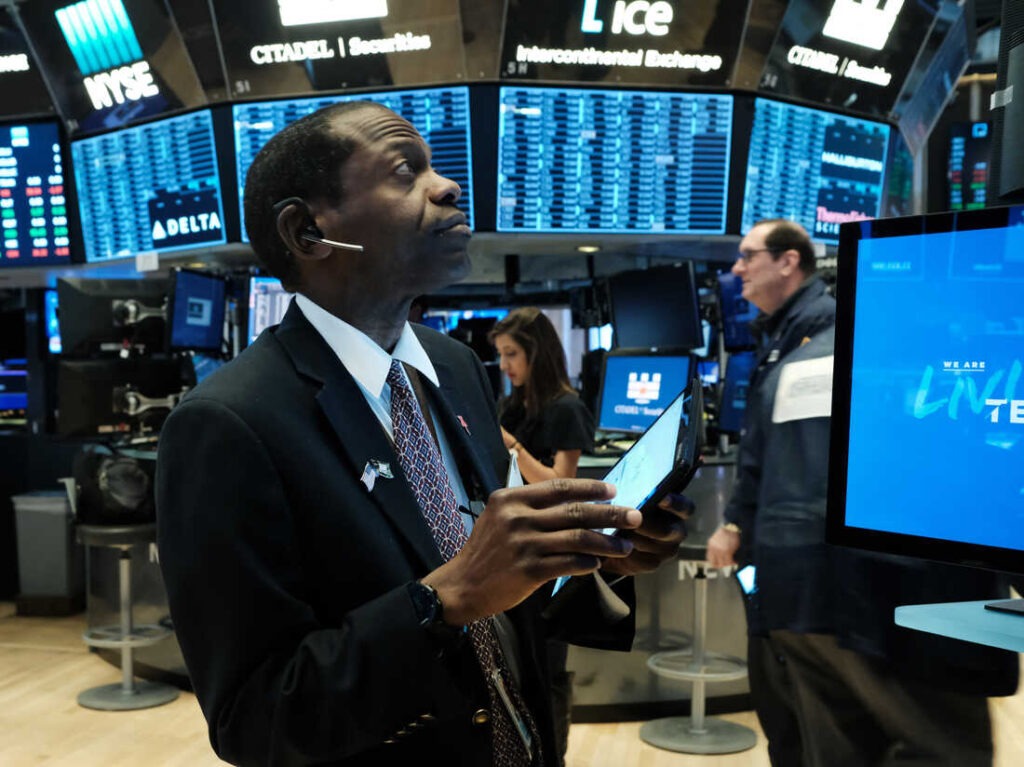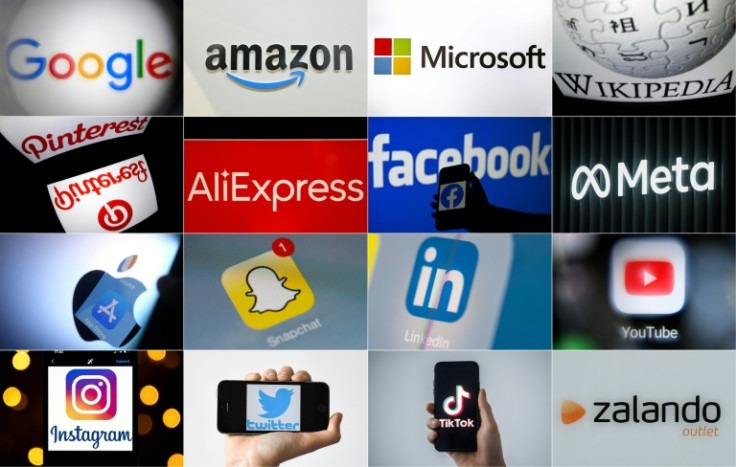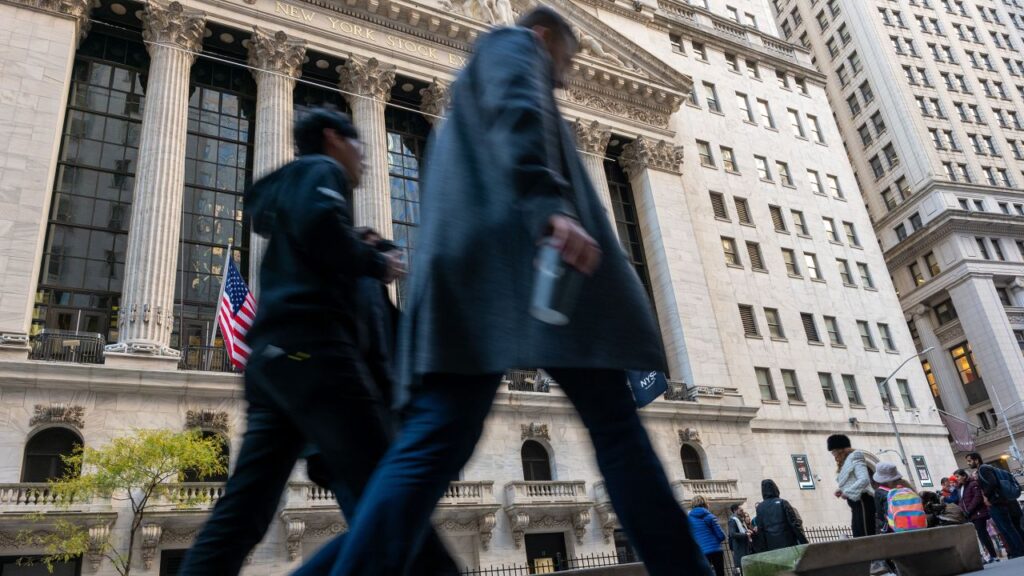Wall Street saw significant declines on Friday, with the S&P 500 recording its worst day since January, dropping 1.4%, while the Dow Jones fell 475 points, and the Nasdaq slid 1.6%. The market was influenced by earnings reports from major banks and rising tensions in the Middle East. Banking equities suffered after JPMorgan Chase, Wells Fargo, and Citigroup reported negative impacts from high-interest rates on their net interest income. AMD and Intel were affected by reports of China phasing out foreign processors, contributing to a weekly loss of 1.6% for the S&P 500, 2.4% for the Dow, and 0.6% for the Nasdaq. Meanwhile, the Euro Stoxx 50 closed down 0.4%, with a 1.3% weekly drop, influenced by pessimistic economic data from China, geopolitical risks, and expectations of a hawkish Fed.
Summary for 15.04.2024
- Most Asian equities declined on Monday due to heightened risk aversion after an Iranian attack on Israel and concerns over prolonged US interest rates. Chinese stocks rebounded on government support pledges, offsetting weaker economic data. Japanese and South Korean markets slipped, while Indian and Australian indices also fell amid inflation concerns and trade data.
- European equity markets are expected to open slightly higher as concerns ease over the latest flare-up in Middle East tensions, while US equity futures rebounded from last week's losses amid worries over Iran's strikes on Israel and inflation's influence on interest rate forecasts, ahead of key retail sales data and Goldman Sachs' earnings report.
- Oil prices fluctuated in Asia this morning as an Iranian strike on Israel heightened Middle East tensions, with a focus on potential Israeli retaliation. Despite reaching five-month highs earlier, prices showed muted reaction to the strikes, suggesting geopolitical concerns were already factored in. Analysts anticipate limited impact on oil markets due to ample spare capacity and potential containment of the conflict.
- On Saturday, in a significant escalation of tensions, Iran launched a barrage of over 300 drones and missiles targeting Israel, prompting Israeli Prime Minister Benjamin Netanyahu to vow victory. Israel's military claimed to have intercepted most of the projectiles, underscoring the long-standing conflict and shadow wars between the two nations. The Iranian mission to the United Nations said the issue “can be deemed concluded,” reducing for now the risks of a wider conflict. Meanwhile, US officials and their allies are focusing efforts now on ensuring any retaliation from Israel doesn’t raise the stakes too high.
- German Chancellor Olaf Scholz is in China on a special mission. Scholz will warn Chinese President Xi Jinping that he needs to act soon to avoid European Union tariffs meant to rebalance the trade relationship, including on electric vehicles, according to people involved in the preparations. The EU is increasingly wary of China’s use of massive public support in critical sectors and has been toughening its stance in recent months.
- China's March exports experienced a sharp 7.5% year-on-year decline to $279.68 billion, contrasting with a previous 7.1% growth. Notably, exports to key partners like ASEAN, Russia, the US, and the EU saw significant drops. Meanwhile, imports decreased by 1.9% to $221.15 billion, reflecting weakened domestic demand post-Spring Festival, alongside persistent deflation pressures, notably in steel and crude oil purchases.
- The British economy expanded by 0.1% month-over-month in February, meeting expectations. Production, notably manufacturing and utilities, drove growth, while services also saw an uptick. However, construction contracted due to adverse weather, and the mining sector declined. Overall, GDP grew by 0.2% over the three months to February, indicating a positive shift, as stated by Finance Minister Jeremy Hunt.
- Apple's smartphone shipments fell 10% in Q1 2024, losing its top spot to Samsung, which claimed 20.8% market share. Chinese brands like Huawei and Xiaomi gained ground. Samsung's Galaxy S24 series boosted its sales, while Apple faced challenges in China amid restrictions. Investors await updates on AI development at Apple's WWDC event, starting 10th June.
- BNP Paribas is set to acquire around 9% of Belgian insurer Ageas from China's Fosun Group for approximately €730 million. The deal, involving the sale of shares via block trades, reinforces the long-term partnership between Ageas and BNP Paribas, with Fosun streamlining its portfolio and using proceeds for working capital.
- Salesforce is reportedly in advanced talks to acquire Informatica, a cloud-based data management company, with discussions potentially culminating in a deal announcement soon. Informatica, currently valued at around $11.35 billion, could be Salesforce's largest acquisition since Slack Technologies in 2020, reflecting increased deal-making activity in the tech sector.
- Wells Fargo's Q1 revenue of $20.86 billion surpassed expectations, but shares ended marginally lower due to soft net interest income. EPS of $1.20 exceeded estimates. Commercial banking revenue slightly missed, while corporate and investment banking outperformed. Consumer banking revenue fell short, and net interest income underperformed slightly. Other metrics generally met or exceeded expectations.
- Citigroup reported Q1 earnings exceeding expectations, with EPS at $1.58 and revenue of $21.1 billion, driving an initially positive market reaction. Revenues declined 2% year-over-year but rose 3% excluding divestiture impacts. CEO Jane Fraser highlighted progress in organisational simplification and transformation efforts, with strong performance in Banking, US Personal Banking, and Services units.
- JPMorgan exceeded Q1 earnings and revenue estimates, with EPS at $4.63 and revenue of $42.5 billion. Despite positive financials, shares fell by 6.5% as rising expenses, including a $725 million FDIC special assessment increase, and broader economic concerns influenced investor sentiment. CEO Jamie Dimon emphasised the bank's robust capital position and readiness to navigate challenges ahead.
- BlackRock reported Q1 results exceeding consensus expectations. EPS of $9.81 surpassed estimates by $0.47, with revenue reaching $4.73 billion, up 11% YoY. The company saw $76 billion in quarterly long-term net inflows and $57 billion in total net inflows, contributing to a record $10.5 trillion in assets under management. CEO Laurence Fink highlighted accelerating client activity and growth potential across various sectors.
- China plans to remove American chip makers from its telecom infrastructure by 2027, directing carriers to replace foreign processors. This effort aims to reduce reliance on non-Chinese semiconductors, impacting Intel and AMD. The move follows past struggles due to chip quality, but recent improvements enable a shift to domestic alternatives.
- UniCredit shareholders voted to grant CEO Andrea Orcel another three-year mandate and approved the bank's remuneration policy, making him one of Europe's highest-paid bankers. Pier Carlo Padoan was named chair of the board, while Elena Carletti became deputy vice chair. Orcel aims to boost profitability without major deals.
- Goldman Sachs views any weakness in Apple's shares as a buying opportunity, maintaining a Buy rating. They emphasise Apple's strong ecosystem, Services growth, and upcoming catalysts like WWDC and new product launches. The bank believes Apple's valuation is attractive relative to historical multiples and tech peers, citing the durability of its installed base and recurring revenue potential.
- Citi revised Tesla's target to $180, citing demand concerns and awaiting a clear entry point. They outline two scenarios for the robotaxi unveil: one potentially disappointing, the other promising with a credible deployment strategy. Citi advises cautious monitoring, believing more downside than upside due to near-term demand challenges.
- BMO Capital initiated coverage of Novo Nordisk with an Outperform rating and a price target of $163, citing promising in-development drugs for obesity and type 2 diabetes, expanded manufacturing agreements, and upcoming trial results expected to drive stock growth. Novo's widening moat and potential capacity expansion contribute to BMO's positive outlook.
- This week, investors are poised for a flurry of corporate updates as the Q1 earnings season kicks off. Major companies such as Goldman Sachs, Bank of America, and Netflix are among those set to report their financial results, with market attention also focused on retail sales figures and speeches by Federal Reserve officials in the US. Elsewhere, China's release of Q3 GDP growth rate and other economic indicators, along with various data releases from countries like the UK, Canada, and Japan, will provide further insight into the state of the global economy.






